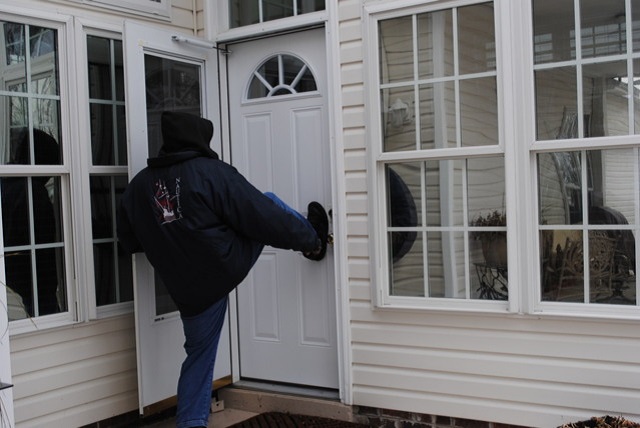Nevada Appellate Courts Advance Opinions for September 27, 2018
WARREN, JR. (JOSEPH) VS. DIST. CT. (STATE)
- Does NRS 178.562(2) limit the State’s options after the justice court dismisses a criminal complaint that charges felony and/or gross misdemeanor offenses such that the State can only file a motion for leave to file an information by affidavit or obtain a grand jury indictment and cannot appeal the justice court’s decision to the district court.
HALL PRANGLE & SCHOONVELD, LLC VS. DIST. CT. (PETERSON) C/W 70083
- Can a court use the collective knowledge doctrine to aggregate employees’ knowledge to impose discovery sanction orders.
- Does a district court’s citation to the Rules of Professional Conduct in support of a determination of attorney misconduct cause reputational harm that amounts to a sanction.
- What controls the duration and scope of a stipulation.


